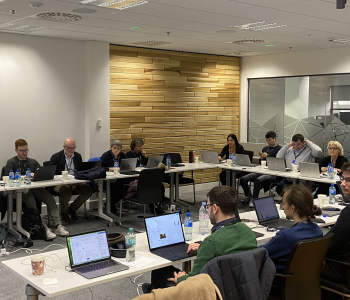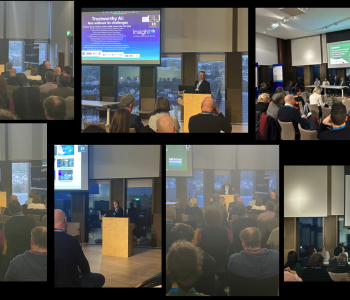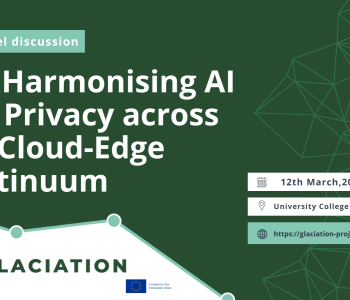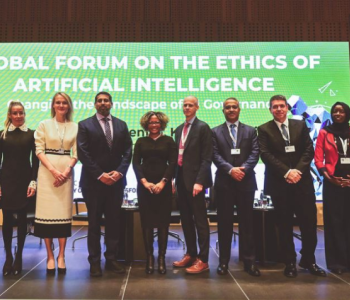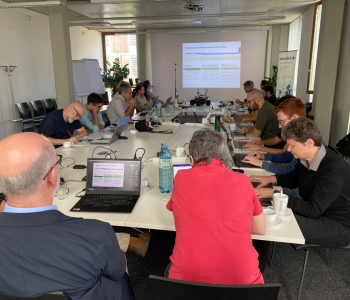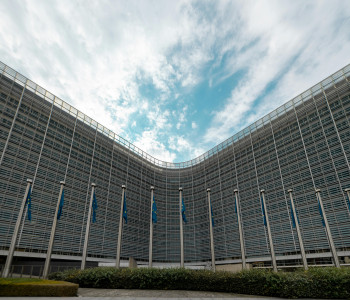Articles about GLACIATION project
Tuesday, 21st May 2024
With aspirations for manifesting the smart cities of tomorrow, coupled with advancements of...
Friday, 3rd May 2024
From March 13th to 14th, the GLACIATION consortium gathered for the third General Assembly,...
Monday, 8th April 2024
A month ago, the GLACIATION project organised a pivotal discussion on the convergence of AI,...
Monday, 19th February 2024
In an era where AI’s potential to reshape the global socioeconomic landscape continues to dominate...
Tuesday, 13th February 2024
The recent UNESCO Global Forum on the Ethics of Artificial Intelligence, convened in Kranj,...
Tuesday, 12th December 2023
ENG has contributed to the construction of the GLACIATION architecture that features a modular...
Friday, 13th October 2023
Gathered against the scenic backdrop of Klagenfurt, Austria, the GLACIATION consortium recently...
Thursday, 7th September 2023
Scheduled for the 20th and 21st of September in Klagenfurt, Austria, the GLACIATION project is...
Thursday, 29th June 2023
In the rapidly evolving realm of Artificial Intelligence (AI) and data governance, significant...
Thursday, 15th June 2023
Small and medium enterprises (SMEs) face unique challenges in protecting user data in today’s...


